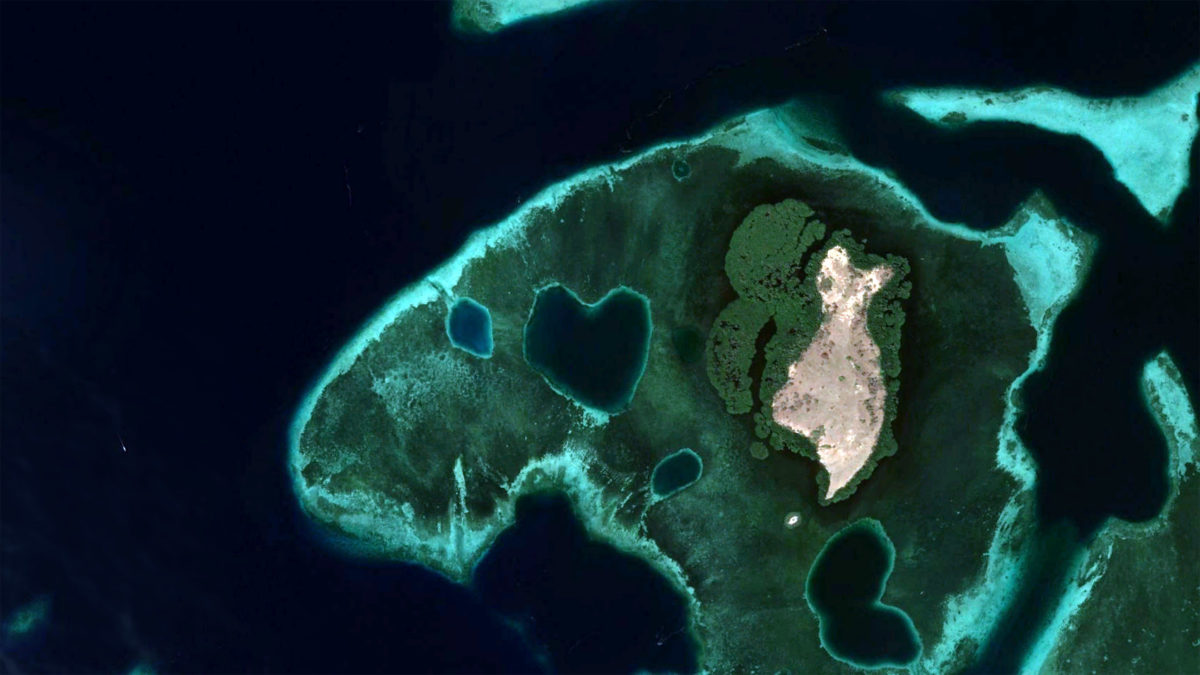Efforts to maintain protected areas and safeguard wildlife can at times feel futile given the persistent onslaught of encroachment, poaching and extractive activities. At the extremes, top-down conservation approaches may tend toward militarization, while bottom-up conservation can seem to lack the scale needed to have meaningful impact. But at the root of many conservation challenges, big and small, is the need to change behavior, whether it’s throwing plastic in the ocean, consuming products that drive deforestation, or fishing unsustainably.
Rare, a conservation group that got its start as an outreach campaign to persuade people on the Caribbean island of St. Lucia to save an endangered parrot in the 1970s, puts behavior change at the center of its work. Rare combines design thinking and social marketing to drive conservation outcomes.
“Rare is decidedly different from other conservation organizations: We are highly focused on one thing — inspiring behavior change so people and nature thrive,” Rare president and CEO Brett Jenks told Mongabay. “So, while we might be working on fisheries or agriculture or climate change, our approach is behavior-based — appealing to people’s emotions, shifting social norms, or redesigning the environment in which people make decisions to make the green choice the easy or default choice.”
Jenks got his start working as a journalist and then in film production, before becoming an ecotourism entrepreneur in Costa Rica. It was in Costa Rica in his mid-20s when he was first introduced to conservation.
“I never studied conservation,” he said. “I didn’t even know what a conservationist was until I met some people from Rare and the Rainforest Alliance in Costa Rica when I was about 24 years old. So, I’m not a technical expert. What I am is a self-taught generalist who leans on lots of other people with far greater experience and expertise.”

Jenks took the helm of Rare in 2000 and helped grow it into an organization with operations in the Americas, Asia and Africa.
Rare says it has now run campaigns in more than 60 countries, spanning issues from overfishing to combating climate change. It has also launched the Center for Behavior & the Environment to apply behavioral insights and design thinking approaches to environmental challenges.
“We work directly with local leaders and communities, advocating for giving them rights to their resources, equipping them with data for decision-making, connecting them to the formal economy, and empowering them with knowledge and skills to sustain change,” Jenks said. “If human behavior is behind the major environmental challenges we face today, that’s a problem. So, we pair expertise within our programs in physical sciences like marine biology or agronomy with the social sciences: What makes people tick? How might we motivate more sustainable ways of doing things? We are steadfast believers in the cumulative power of individual and collective action as a vital pathway to safeguarding and restoring our shared waters, lands and climate.”
Jenks spoke about Rare’s approach, the need for driving change at scale, and a number of issues during a recent conversation with Mongabay.

